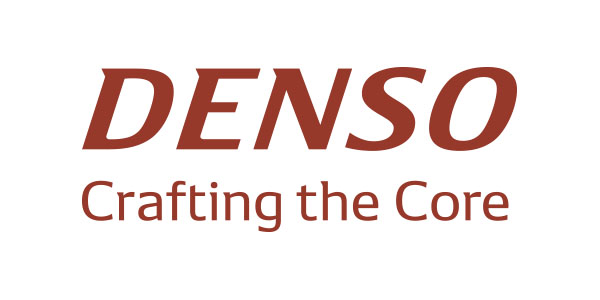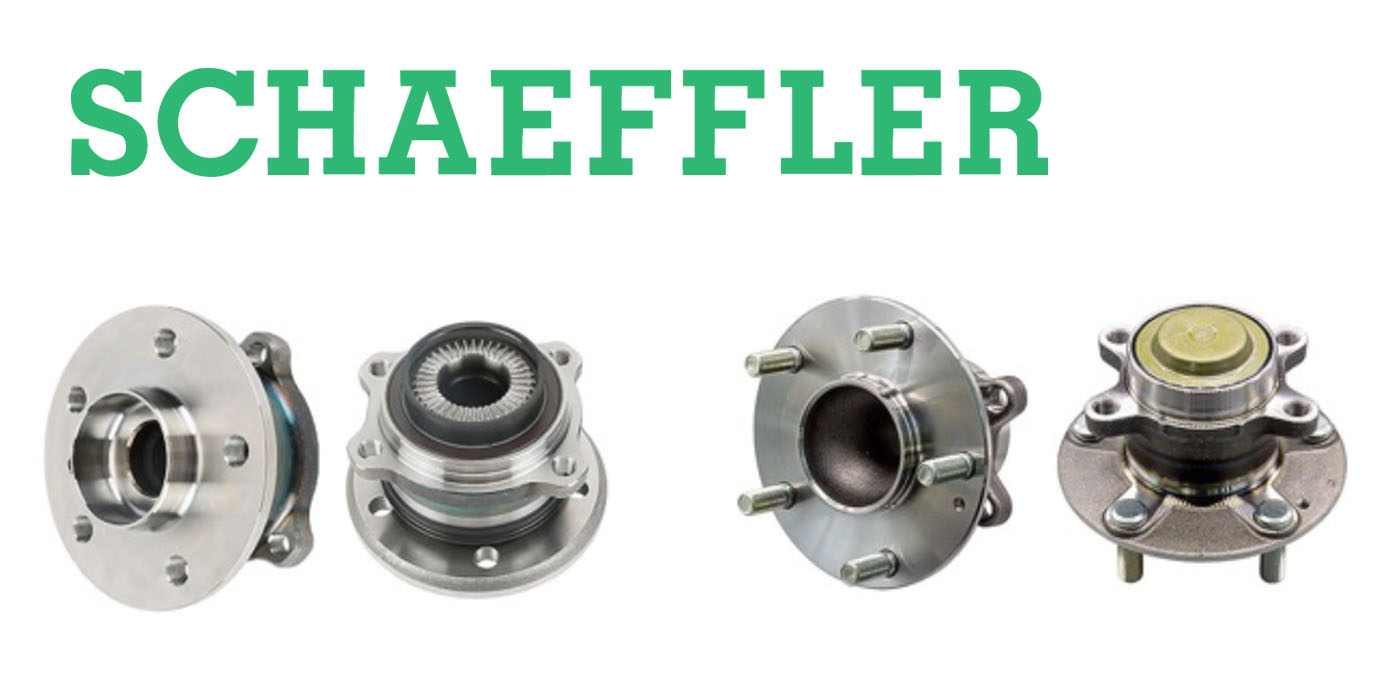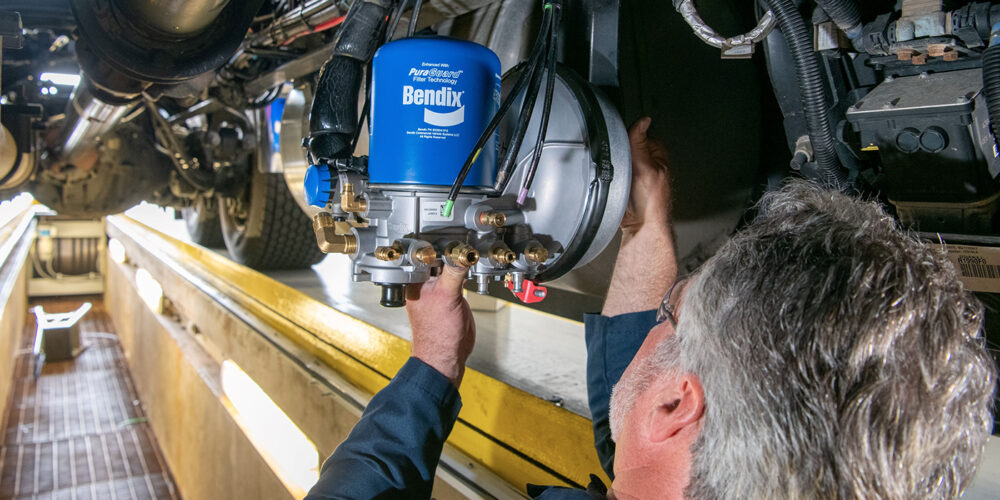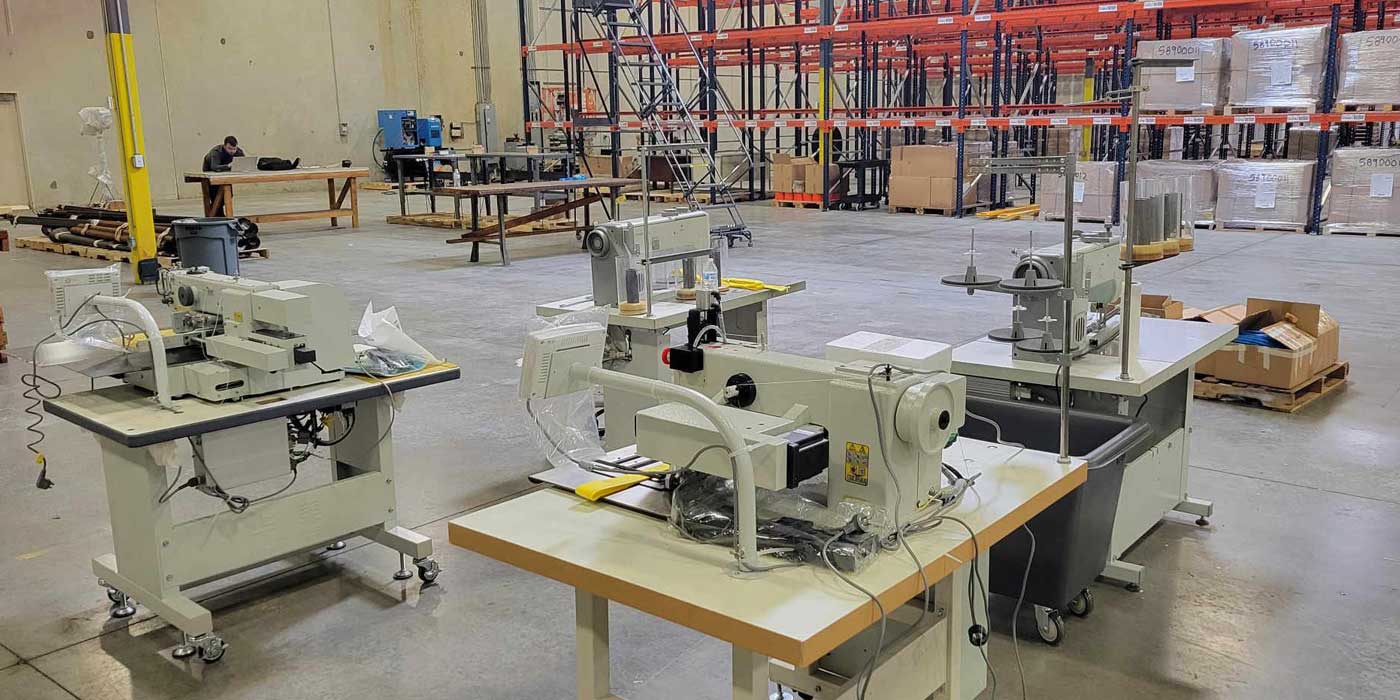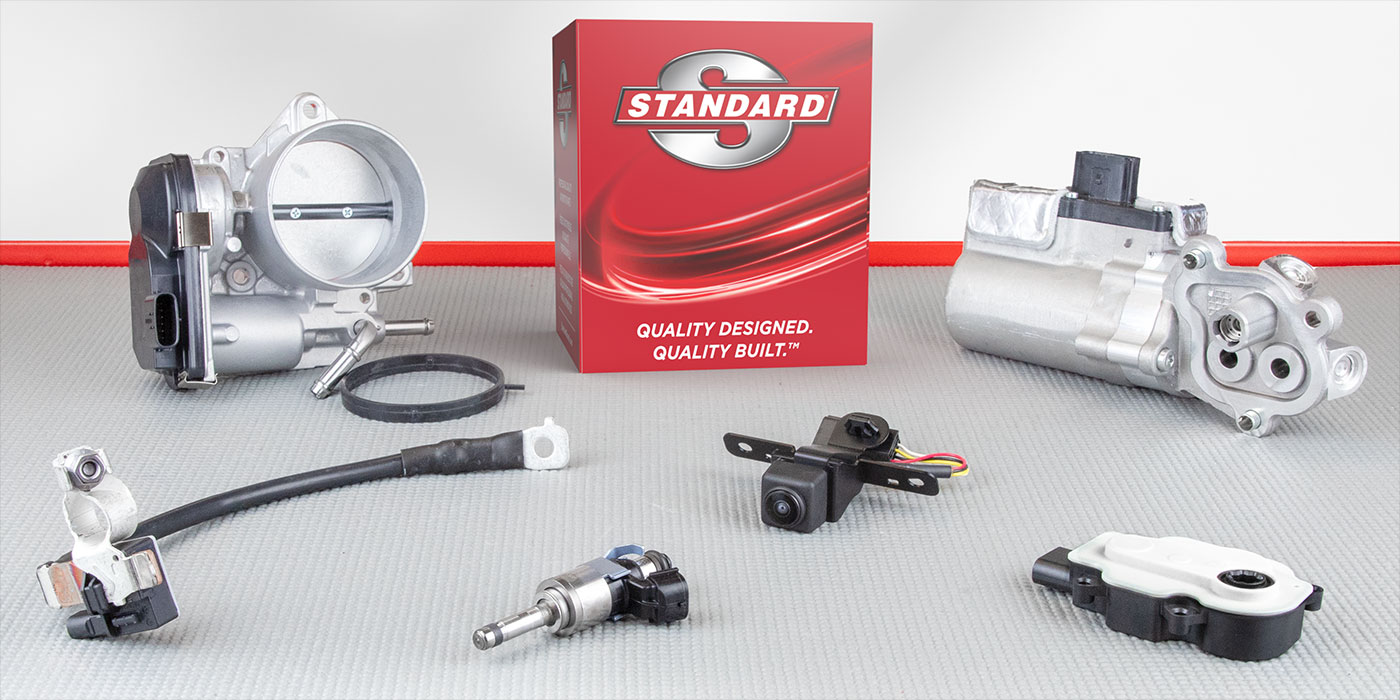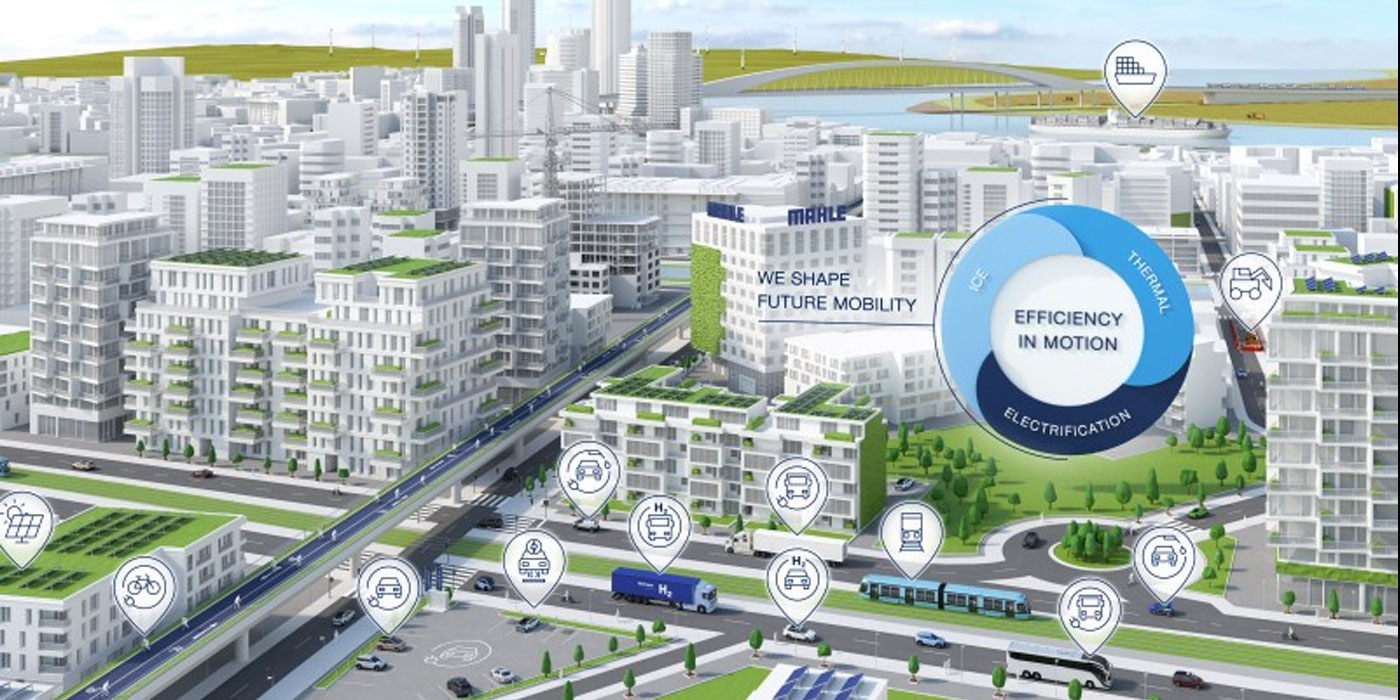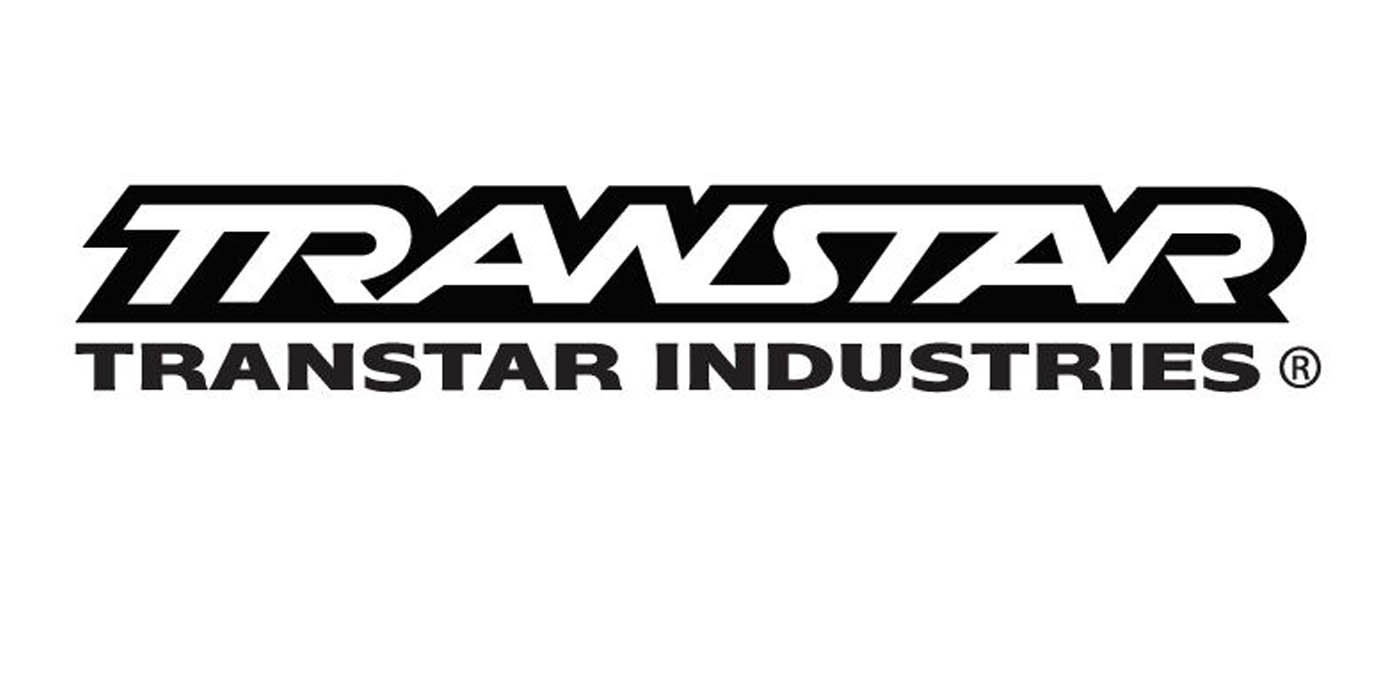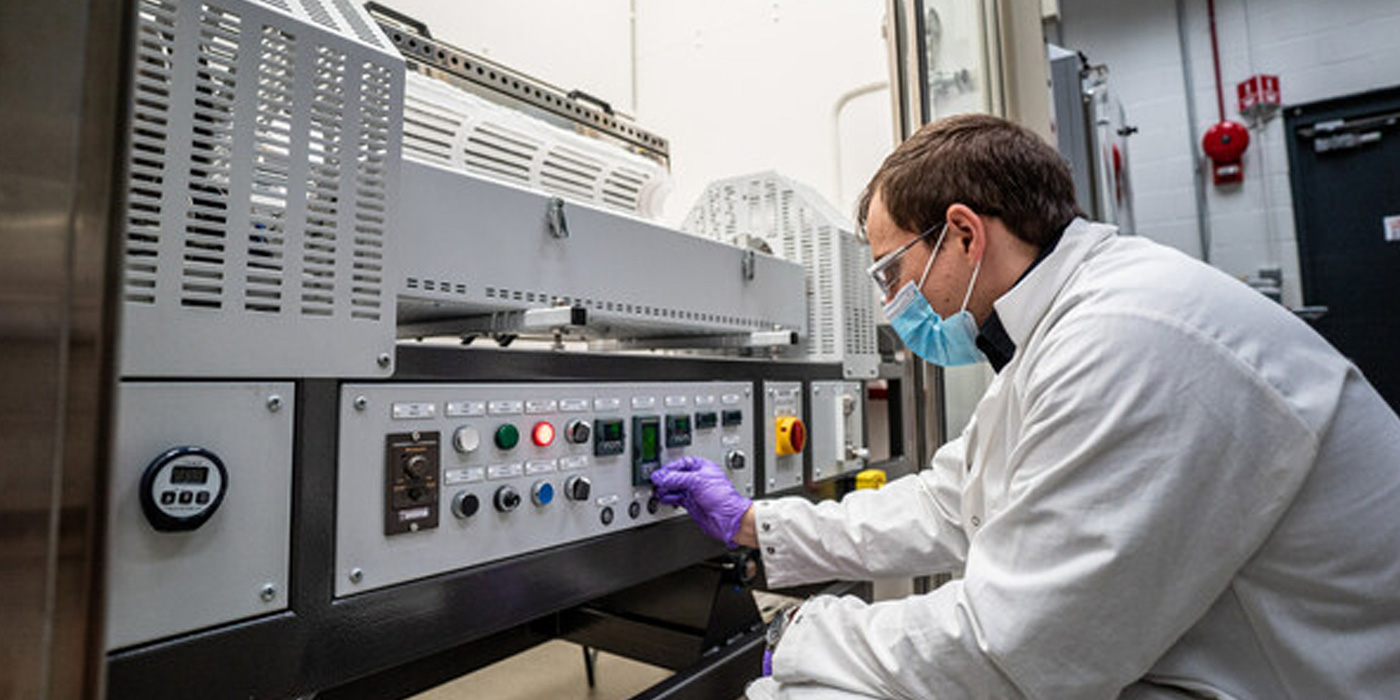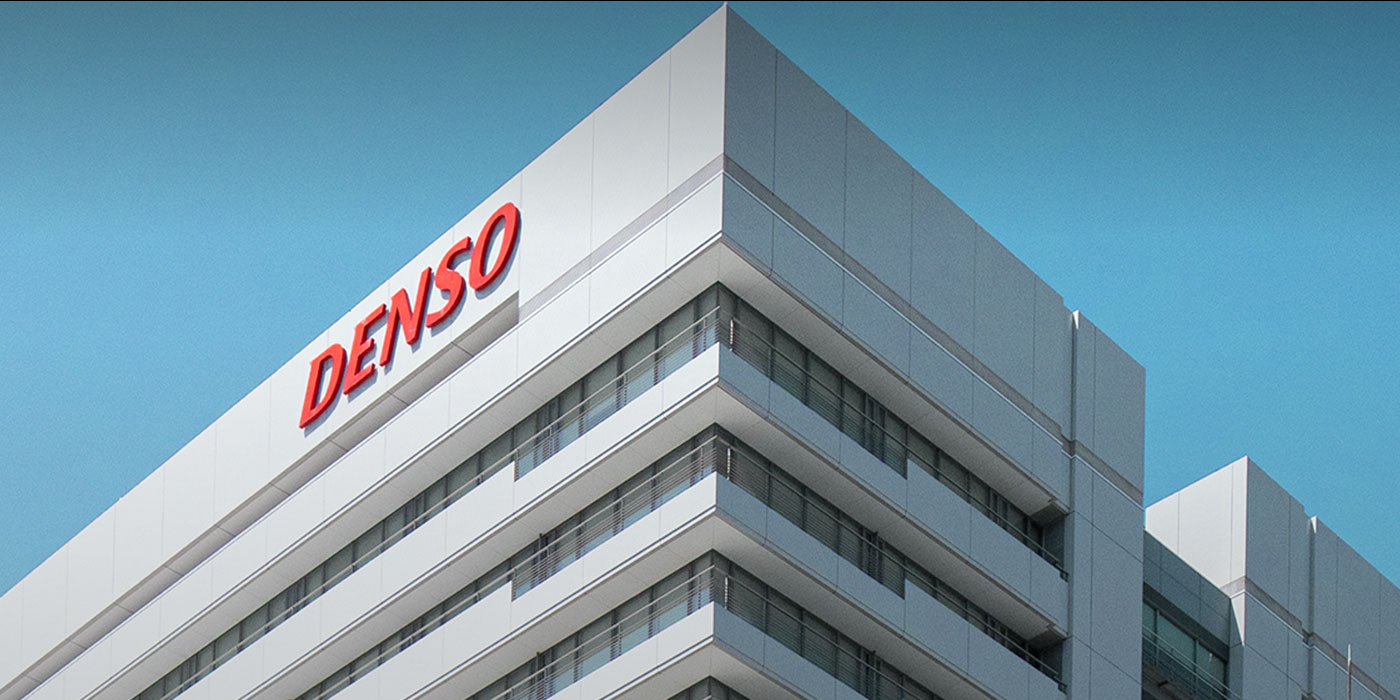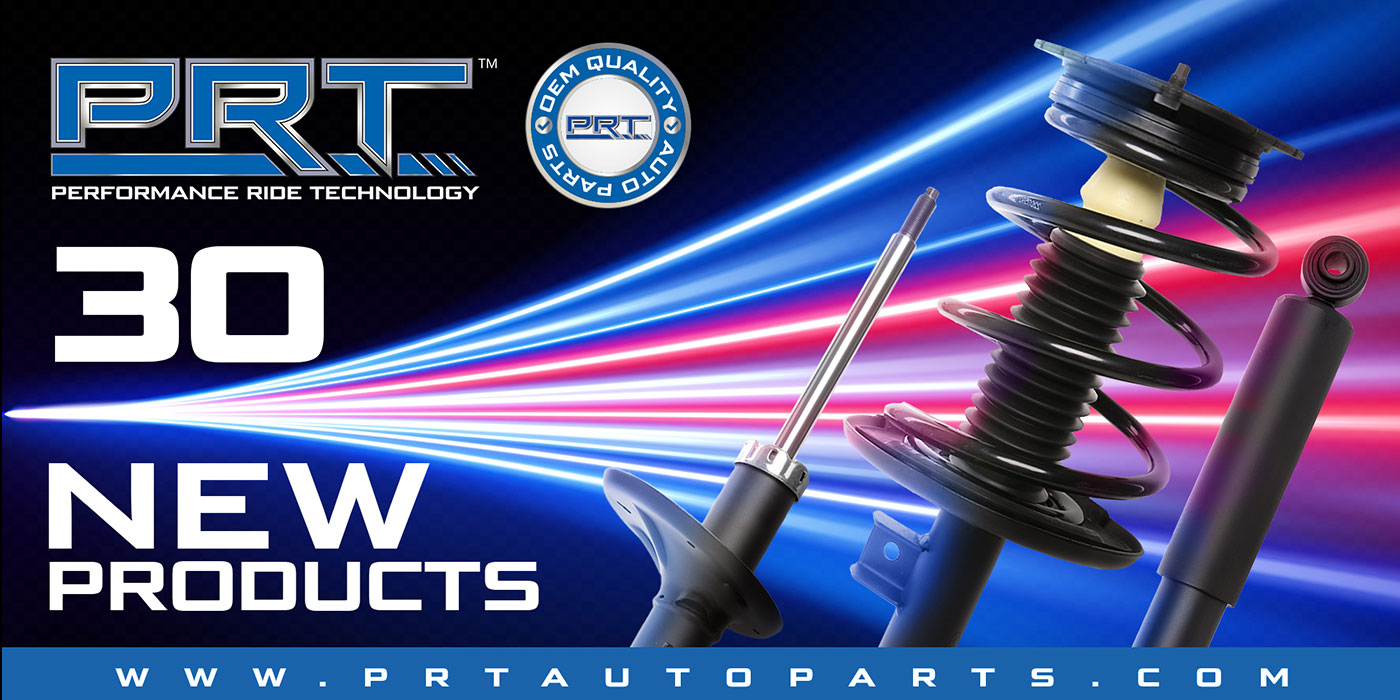Mazda Motor Corp., DENSO Corp. and Toyota Motor Corp. have signed a contract to jointly develop basic structural technologies for electric vehicles. The three companies also have decided to establish a new organization consisting of selected engineers from the three companies to ensure the efficient implementation of the joint technological development projects.
As countries and regions around the world adopt increasingly stringent policies to help reduce greenhouse gases, new regulations that mandate a certain proportion of electric vehicle sales are beginning to emerge. Complying with these environmental regulations, while ensuring the sustainable growth of our companies, requires the development of a wide range of powertrains and technologies. The companies say they regard electric vehicles (EVs) as a key technological field in this process alongside fuel cell vehicles.
With EVs yet to find widespread market acceptance, the nvestments and time required to cover all markets and vehicle segments is a pressing issue for individual automakers when responding to the widely varying demand for vehicles around the world.
Mazda, DENSO and Toyota have decided to jointly develop basic structural technologies for EVs capable of covering a wide variety of vehicle segments and types to ensure flexible and rapid response to market trends. This agreement covers a diverse range of models, from mini-vehicles to passenger vehicles, SUVs and light trucks, and aims to innovate the development process by combining the strengths of each company, including Mazda’s bundled product planning and prowess in computer modeling-based development, DENSO’s electronics technologies, and the Toyota New Global Architecture (TNGA) platform.
The new company will engage in the following:
- Research into the characteristics (common architecture) that defines optimum performance and functions of EVs from the standpoint of both individual components and the whole vehicle
- Verification of component installation and vehicle performance realized by the characteristics achieved in item 1)
- Examination of the optimum concept for each car classification with regard to each component and each type of vehicle realized by achieving items 1) and 2)
Through this joint technological development project, by dedicating an equal amount of development resources, ensuring efficient development processes, and taking advantage of existing production facilities, Mazda and Toyota intend to focus their resources on fundamental vehicle values to enable the creation of appealing EVs that embody the unique identities of each brand and avoid the commoditization of EVs.
The companies also aim to create a business structure that is open to participation by other automakers and suppliers.

